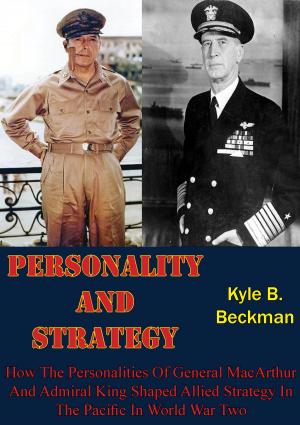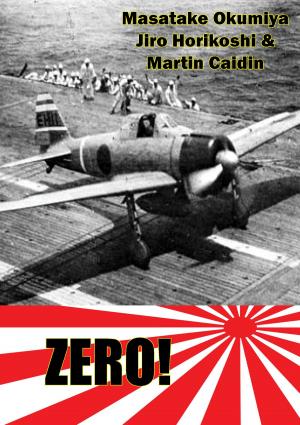A Worker’s Way Of War: The Red Army’s Doctrinal Debate, 1918–1924
Nonfiction, History, Germany, European General, Military, United States| Author: | Major Matthew M. Hurley | ISBN: | 9781786250513 |
| Publisher: | Verdun Press | Publication: | November 6, 2015 |
| Imprint: | Verdun Press | Language: | English |
| Author: | Major Matthew M. Hurley |
| ISBN: | 9781786250513 |
| Publisher: | Verdun Press |
| Publication: | November 6, 2015 |
| Imprint: | Verdun Press |
| Language: | English |
Following the October 1917 Revolution, the leaders of the fledgling Red Army embarked on a debate concerning the nature, form, and function of military doctrine. A group known as the ‘military communists,’ including M.V. Frunze, M.N. Tukhachevsky, K. Voroshilov, and S.I. Gusev sought to formulate a ‘proletarian’ military doctrine based on the lessons of the Russian Civil War (1918-21) and purged of supposedly outmoded, bourgeois military thought. Their doctrine, they claimed, would be based overwhelmingly on maneuver and the offensive, which they felt best represented the ‘active’ nature of the working class. Against them stood Commissar for War Leon Trotsky, supported by ex-Tsarist military specialists, notably A.A. Svechin. Trotsky and his allies, noting the Soviet Union’s backwardness relative to the West, professed a policy of expediency in military affairs. Though Trotsky and Svechin proved their position correct both in reference to military affairs and orthodox communist thought, the ripening political struggle eventually secured Frunze’s and Tukhachevsky’s domination of the Red Army and Trotsky’s eventual ouster and exile.
Following the October 1917 Revolution, the leaders of the fledgling Red Army embarked on a debate concerning the nature, form, and function of military doctrine. A group known as the ‘military communists,’ including M.V. Frunze, M.N. Tukhachevsky, K. Voroshilov, and S.I. Gusev sought to formulate a ‘proletarian’ military doctrine based on the lessons of the Russian Civil War (1918-21) and purged of supposedly outmoded, bourgeois military thought. Their doctrine, they claimed, would be based overwhelmingly on maneuver and the offensive, which they felt best represented the ‘active’ nature of the working class. Against them stood Commissar for War Leon Trotsky, supported by ex-Tsarist military specialists, notably A.A. Svechin. Trotsky and his allies, noting the Soviet Union’s backwardness relative to the West, professed a policy of expediency in military affairs. Though Trotsky and Svechin proved their position correct both in reference to military affairs and orthodox communist thought, the ripening political struggle eventually secured Frunze’s and Tukhachevsky’s domination of the Red Army and Trotsky’s eventual ouster and exile.
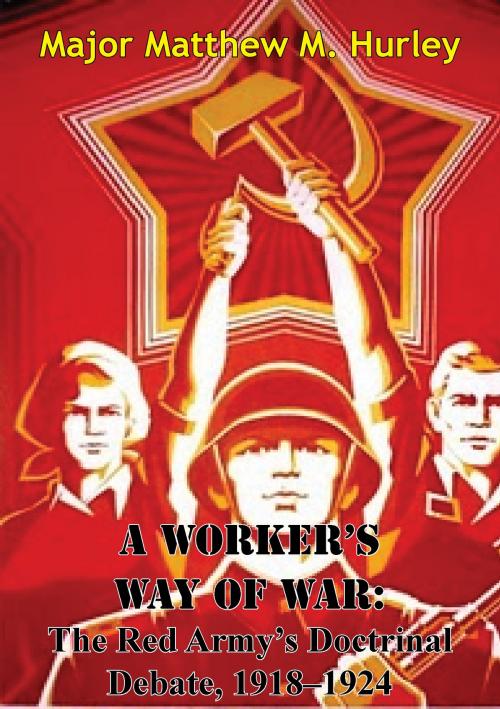
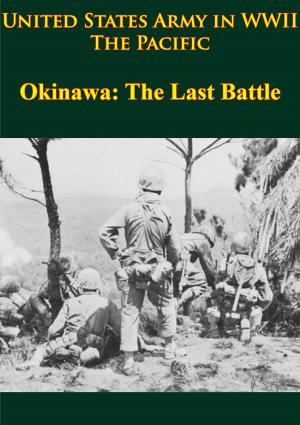
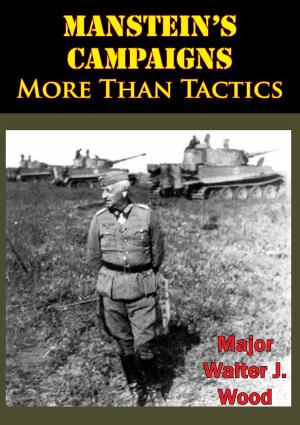
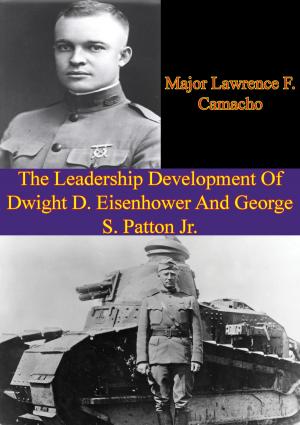
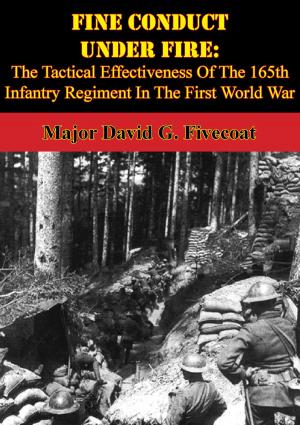
![Cover of the book FLYING FURY: Five Years In The Royal Flying Corps [Illustrated Edition] by Major Matthew M. Hurley](https://www.kuoky.com/images/2014/june/300x300/9781782892168-Eheb_300x.jpg)

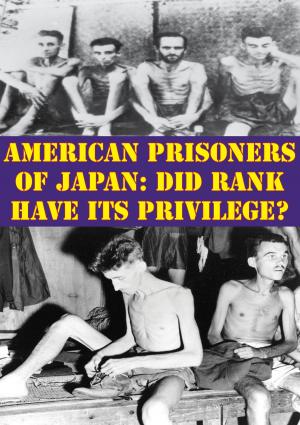
![Cover of the book Falklands, Jutland And The Bight [Illustrated Edition] by Major Matthew M. Hurley](https://www.kuoky.com/images/2014/august/300x300/9781782895343-3MPz_300x.jpg)
![Cover of the book Marines In World War II - Marine Aviation In The Philippines [Illustrated Edition] by Major Matthew M. Hurley](https://www.kuoky.com/images/2014/august/300x300/9781782892878-xEPh_300x.jpg)
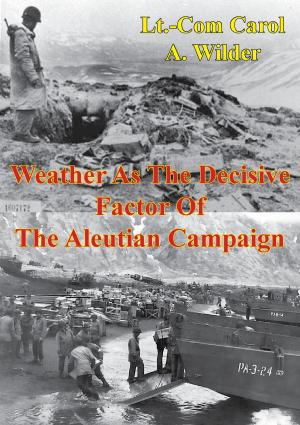
![Cover of the book The Red Knight Of Germany - The Story Of Baron Von Richthofen, Germany’s Great War Bird [Illustrated Edition] by Major Matthew M. Hurley](https://www.kuoky.com/images/2014/june/300x300/9781782891871-O9ox_300x.jpg)

